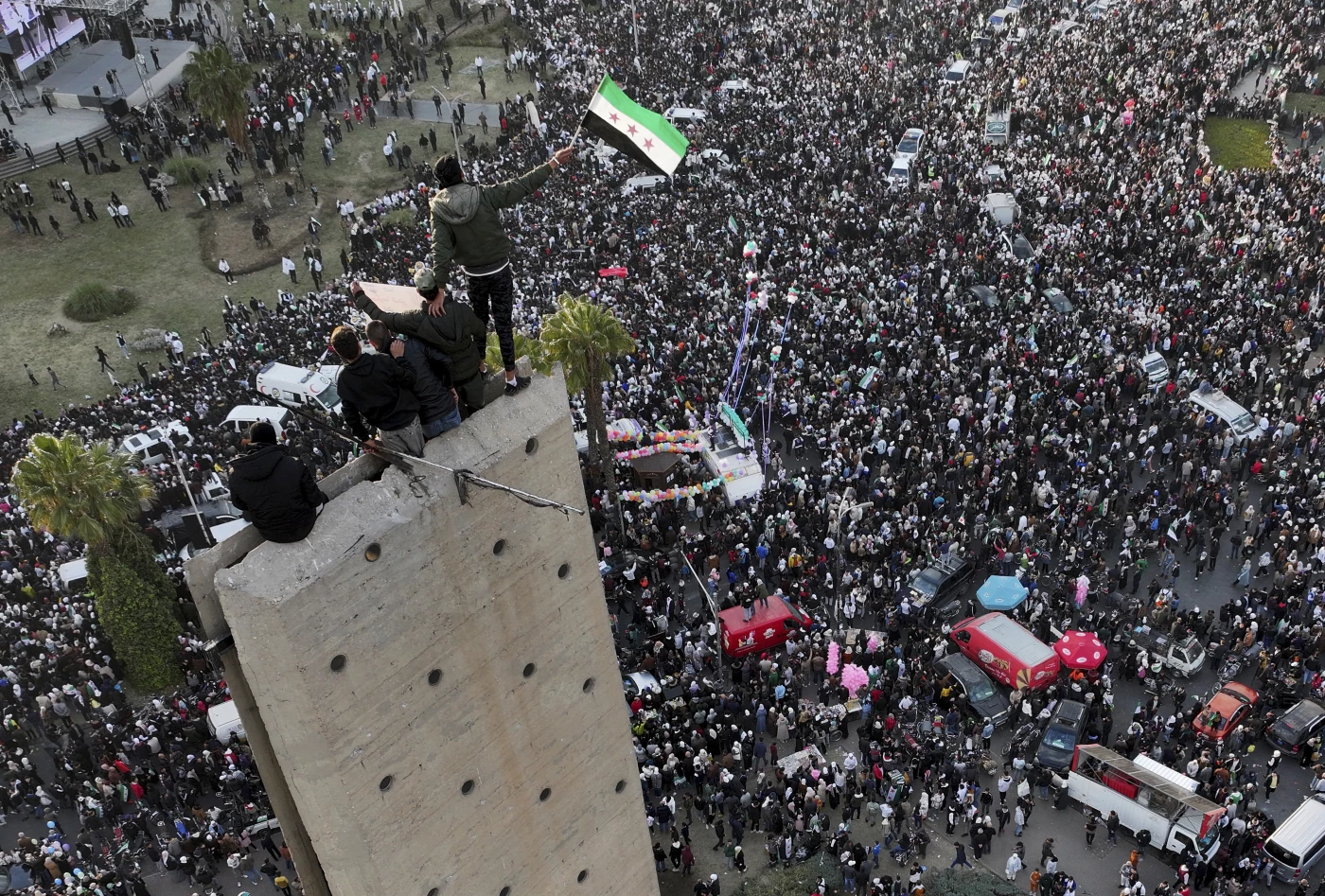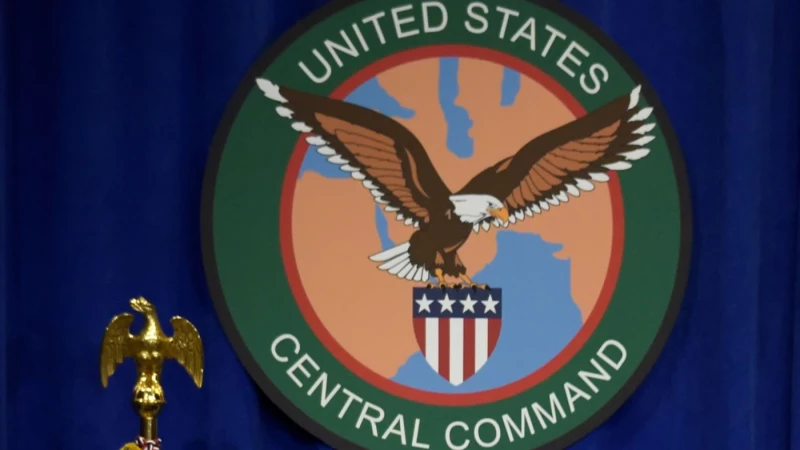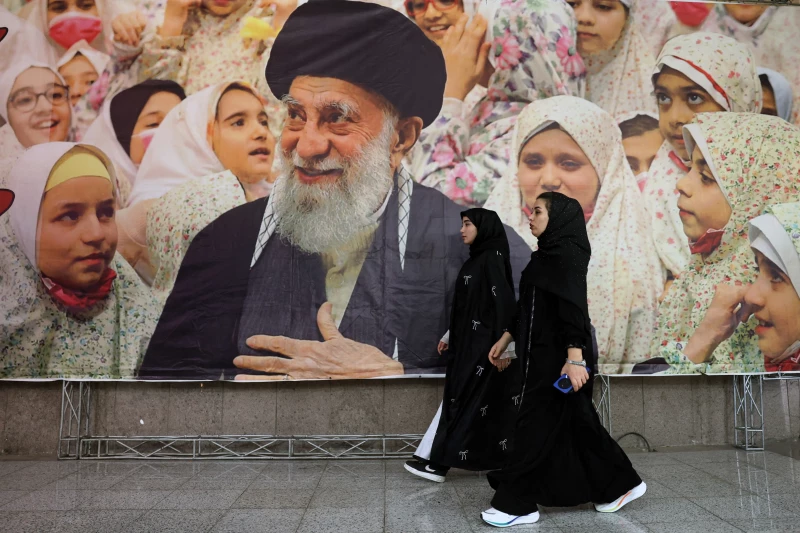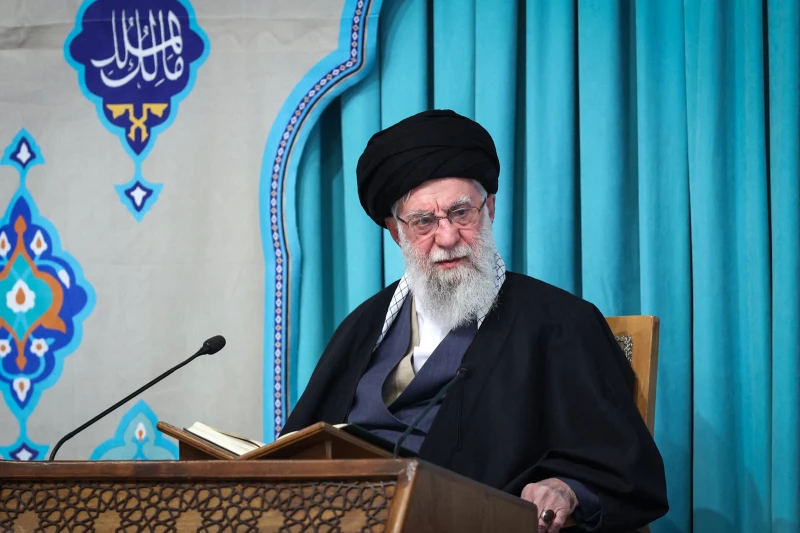ERBIL, Kurdistan Region of Iraq –Top Syrian officials on Friday hailed the US Senate's passing of a bill that includes lifting the Assad-era Caesar sanctions, deeming it a vital step for the country’s economic recovery and post-war reconstruction
The US Senate on Thursday passed the 2026 defense programs and policy bill, the National Defense Authorization Act (NDAA), which includes an Article calling for the unconditional repeal of the Caesar Act — the system of sanctions imposed on the former Baath regime over accusations of human rights violations.
Foreign Minister Asaad al-Shaibani described the development as “a step that restores Syria's first breath and opens before it a new path toward construction and recovery,” in a post on X, asserting that through it, “the dignity of the Syrian person is restored along with their right to build their land and create their future, and state institutions regain their pulse to rise and flourish.”
The foreign minister ascribed the achievement to “President Ahmed al-Sharaa, and with the determination of my team at the Ministry of Foreign Affairs, we worked to lift one of the heaviest burdens that shackled our nation economically and politically.”
Mohammed Yisr Barnieh, Syria’s finance minister, also hailed the move, asserting that “Syrian diplomacy succeeded in getting rid of the last and most severe US sanctions imposed on Syria,” adding that “the sanctions are behind us, God willing, and we have no path but towards reconstruction, reform, and development.”
Syria’s Minister of Information Hamza al-Mustafa issued a similar statement, commending the development.
“A historic moment for the new Syria and the struggles of its people with the US Senate vote to repeal the Caesar Act,” said Mustafa, attributing the step to “active Syrian diplomacy and the efforts of many loyal Syrians among the diaspora community in the United States.”
“A major obstacle has been removed on the long path toward development, prosperity, and stability,” Mustafa added.
In September, Shaibani visited Washington and met with top US officials, with the aim of permanently lifting the Caesar sanctions.
Speaking at the UN General Assembly in late September, Sharaa called on world countries to aid Syria in its post-war reconstruction efforts and lift previous bans imposed on the Assad regime.
In May, Trump met with Sharaa in Riyadh, one day after Trump announced he has ordered the cessation of all sanctions on Syria “in order to give them a chance at greatness.”
The Caesar Syria Civilian Protection Act of 2019 was a US sanctions system that targeted the Syrian government and those involved in business with Damascus, cutting the country off from the global economy. The law was enacted during the rule of the deposed Baathist regime under Bashar al-Assad.
The bill passed by the Senate also contains an article calling for the reopening of the American embassy in Damascus “to strengthen diplomatic relations between the two countries,” Barnieh noted.
After securing a majority vote, the bill will be presented to the US House of Representatives and must then be signed by the US President Donald Trump before the end of the year to take effect.
The article can still be blocked if the president vetoes it. However, two-thirds of the majority vote in both chambers (the House and the Senate) can override that prospect.



 Facebook
Facebook
 LinkedIn
LinkedIn
 Telegram
Telegram
 X
X


